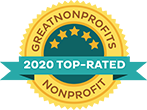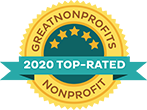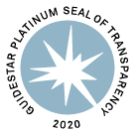Deafness and hearing impairment refer to a partial or total loss of hearing, which varies in severity: mild (difficulty hearing soft sounds), moderate (trouble with normal conversation), severe (only loud sounds are heard), or profound (little to no sound heard, often called “deaf”), according to the National Institute on Deafness and Other Communication Disorders (NIDCD). It can be present at birth (e.g., genetic factors) or acquired (e.g., from meningitis or noise exposure), notes the Centers for Disease Control and Prevention (CDC). About 1 in 1,000 U.S. newborns have significant hearing loss.
Deaf communities are diverse, with identities like Deaf, DeafBlind, DeafDisabled, Hard of Hearing, and Late-Deafened. How people identify is personal and may reflect their connection to deaf communities, hearing ability, or age of onset—for example, Late-Deafened individuals became deaf later in life. Learn more at the National Association of the Deaf (NAD).
In children, hearing loss can impact speech, language development, and social skills, often requiring early intervention. Hearing aids help with mild to moderate loss, while cochlear implants may benefit severe to profound deafness, per the NIDCD. Assistive devices like captioned phones and FM systems, along with learning American Sign Language (ASL), support communication. Families can consult audiologists and find resources at Gallaudet University or the Hearing Loss Association of America (HLAA).
Practical advice, emotional support, and educational tools. Some also connect parents with local networks or professionals to ensure tailored assistance. Alexander Graham Bell Association for the Deaf and Hard of Hearing (AG Bell) My Baby’s Hearing (Boys Town National Research Hospital) Supporting Success for Children with Hearing Loss
Resources for parents –
Hands & Voices
A parent-driven nonprofit providing unbiased support to families with children who are deaf or hard of hearing. They offer resources on communication options, educational advocacy, and family-to-family connections, including state chapters for localized support.
This organization focuses on pediatric hearing loss and spoken language approaches, offering resources, webinars, and a support network for parents.
Specifically designed for parents of newborns and young children with hearing loss, this site answers common questions and provides guidance on next steps after diagnosis.National Institute on Deafness and Other Communication Disorders (NIDCD)
A federal resource offering detailed information on hearing loss, early intervention, and assistive devices, with a focus on research-based support for families.
A practical resource hub for parents and educators, offering age-specific tools, articles, and strategies to help children thrive academically and socially.
For Babies and ParentsBaby Sign Language Sign It! ASL Made Easy (Hands & Voices) My Smart Hands For Children and ParentsASL Kids |
Signing Time (Two Little Hands Productions) An award-winning video series and online platform featuring songs and stories to teach children and families ASL. It’s widely used by parents of deaf and hard-of-hearing kids, with a focus on fun and engagement. American Society for Deaf Children – Learn ASL For Parents (and Older Children)Lifeprint (ASL University) Gallaudet University – ASL Connect Sign Language 101 |
Additional Tips Many of these resources offer mobile apps (e.g., Signing Time, My Smart Hands) for on-the-go learning. |
|
Our children with Deafness/Hard of Hearing
* Listed children often have multiple diagnoses and attention should be given to the specific information in each child’s profile.
Tap or Click On Child’s Name to Learn More
Click on the page numbers above to see all the children
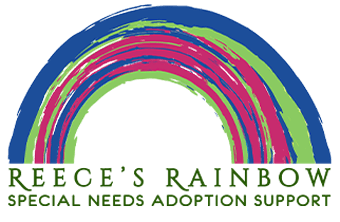
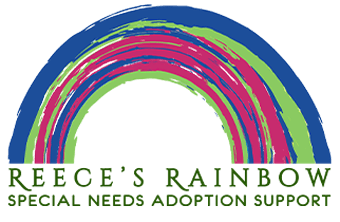












 Colombia is now open to heterosexual and same-sex couples. Singles may still apply as well.
Colombia is now open to heterosexual and same-sex couples. Singles may still apply as well. Heterosexual married couples, single women, and single men can adopt
Heterosexual married couples, single women, and single men can adopt







 Adoptions are done on a case by case approval basis
Adoptions are done on a case by case approval basis
